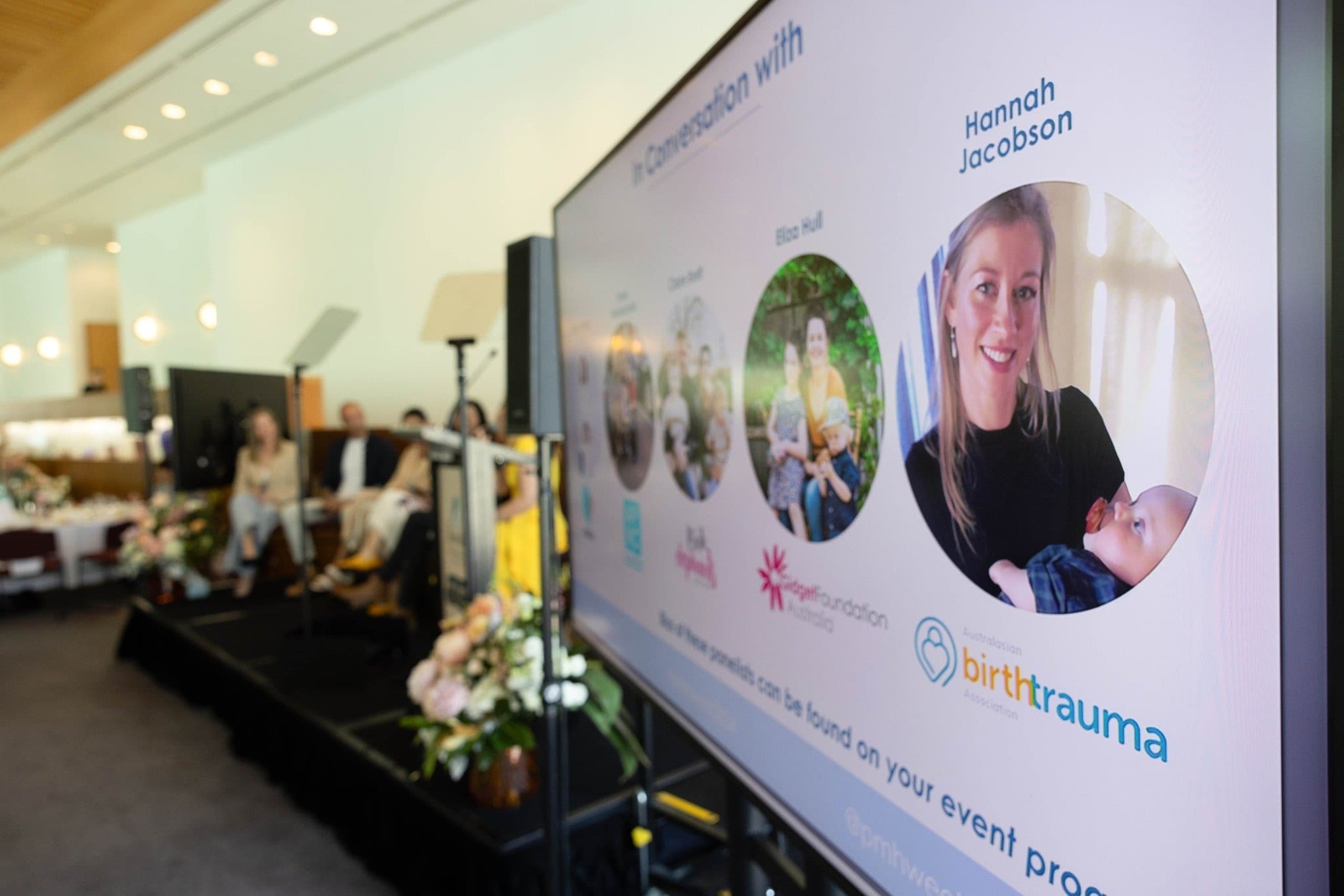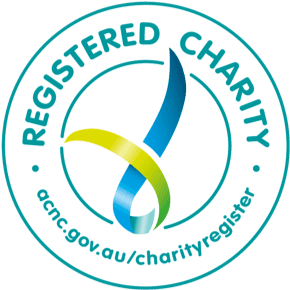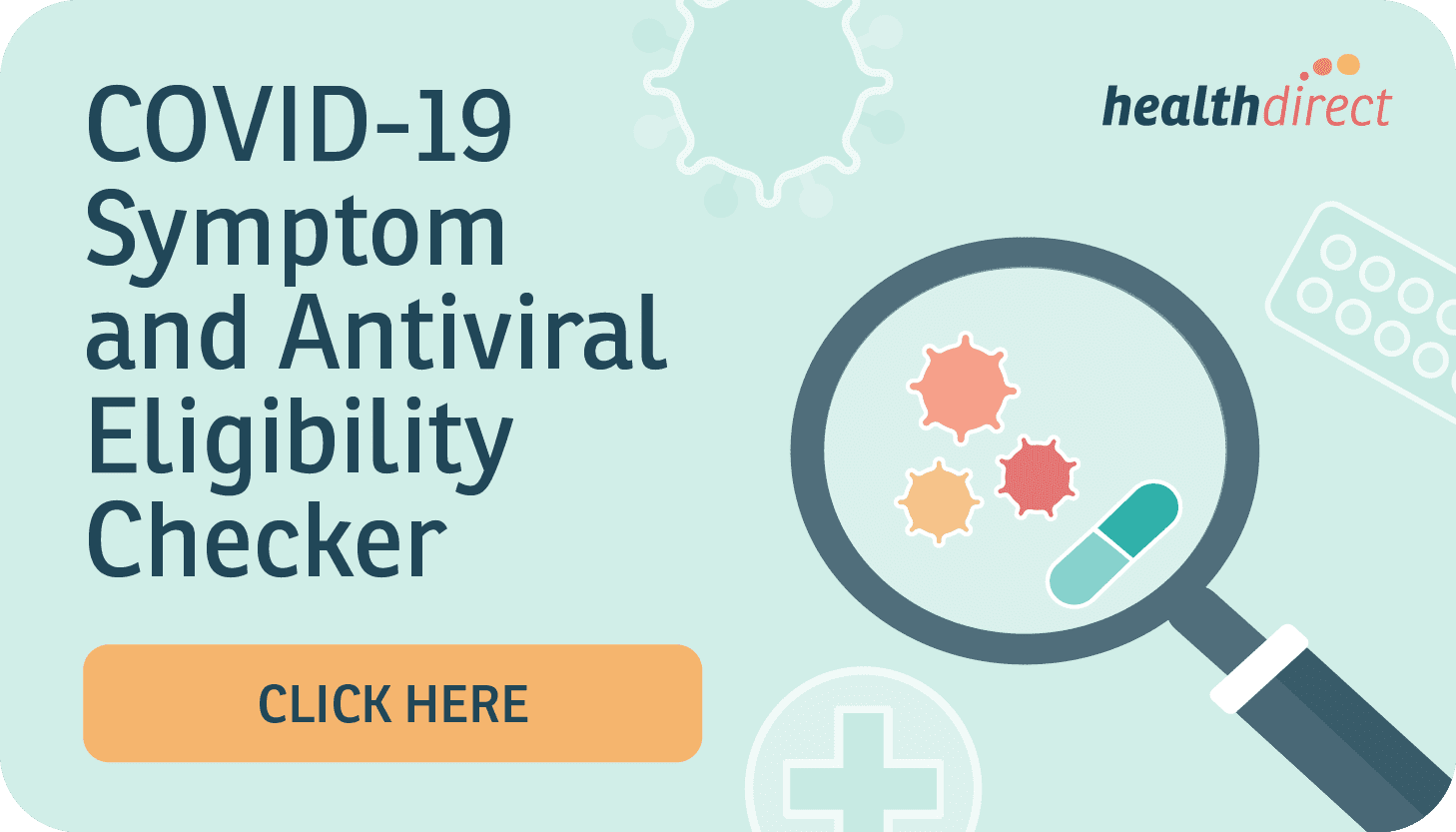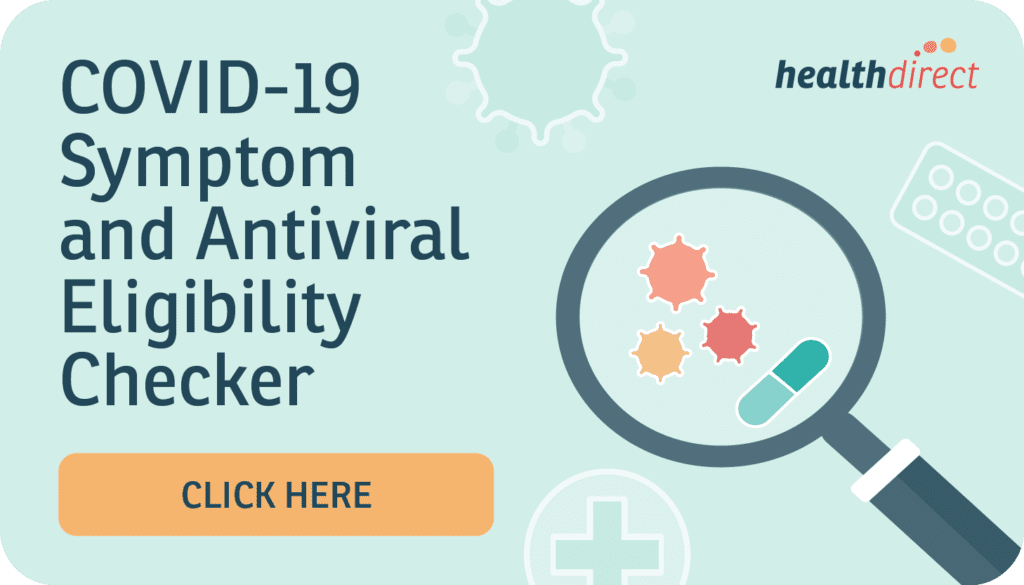You need to inform people. Full stop. Please don’t withhold information from women.
When I got my wisdom teeth out, I was informed about every potential side effect. Did it scare me? No. It informed me and prepared me because I did have nerve pain for almost a year after. But I was given the dignity of being told.
The psychological impact from not-being-told about the pelvic impacts of forceps – being blindsided – was too great for me. In fact, I wasn’t informed about forceps at all.
I had no idea what prolapse or pelvic avulsion was… because the medical community didn’t think I should know.
The fear I experienced at not knowing what it was caused sheer panic. Dread. Shell shock. “What IS THIS?” I still remember shaking like a leaf.
It only takes a simple Google search on the topic of prolapse to see that most women’s reactions are, “Why did nobody tell me? I had the best medical care/pay my taxes for healthcare/paid privately/attended every class etc etc and not a single person told me?”
The feeling of betrayal by the medical community is still the strongest feeling I have about my birth four years ago. The impact to my self-image, confidence, identity, continence and ability to function in my career has been great. So, yes, women deserve to know.
It’s so easy to solve that I’m frustrated it hasn’t still been done:
- create a pamphlet with quick bullet-points.
- hand the women the pamphlet and say, ‘There may be impacts to the pelvic musculature if you need forceps/vacuum, or as a result of pushing. This pamphlet is in the interests of informing you, empowering you with knowledge, giving you the wording to ask for help if you recognise or suspect these changes-both temporary and permanent, and the resources to know what to do next. Peruse this pamphlet and if you feel you want to know more, scan the QR codes for more in-depth explanations.’
- Let the QR codes open links to sensitive and trauma-informed explanations of these conditions and videos).
A pamphlet allows women who are fearful or triggered to choose to say, ‘I don’t want to read that ‘.
Women who want to be somewhat aware choose to say, ‘I’ll read it but I won’t delve into the QR code’.
Women who want to drink up the info will click the codes and will continue reading.
Choice. Choice. Choice. Honestly…the Google-fest when I felt my vagina was bulging was traumatic. I was English/Drama/Study of Religion teacher, so I consider myself fairly literate. But when I felt this sensation, I leafed through every pamphlet resource given to me and there was nothing. The memory of my panic at ‘where to turn’ still brings tears to my eyes. How could I have been left so alone?
Even months later I found myself in a popular big-box baby store and I leafed through a few of the ‘get-ready-for-birth-and-baby-arrival’ books… and not a single one mentioned prolapse. Not one.
Illogical really, when pelvic floor physiotherapists state that up to 50 percent of women have some sort of pelvic dysfunction. 50 percent.
Informed consent would have meant that I’d have been saved from a panic-stricken frenzy of long days and sleepless nights googling my pelvic symptoms, trying to self-diagnose. I’d have known that forceps commonly caused permanent pelvic floor damage including something called ‘POP’. The not-knowing was traumatic and the not-being-informed has left me feeling betrayed by the medical system, which should be empowering and safeguarding women with knowledge.
Informed consent would have meant that I wouldn’t have been left in the dark – left with an injury totally, utterly and completely unknown to me.
I was not given a single resource by my hospital, warning me or informing me about pelvic impacts post-birth. Not a single leaflet, pamphlet, book recommendation or website.
So there I was, left to navigate the rough seas of endless websites, articles and forums. Alone.
I am fortunate enough that I was able to see my GP immediately who referred me to a local pelvic floor physiotherapist who had availability. So after a couple of long, teary days and shakey nights filled with fear, she gave me a label: ‘pelvic organ prolapse’.
I felt that the hospital hadn’t given me the dignity of empowering me with the information; in fact, I felt that the hospital’s silence on the real and probable pelvic impacts of forceps was a sign that they didn’t want me to know. So… the hospital doesn’t care to inform women about impacts to their own vaginas and thus their continence, comfort or confidence.
Would my knowledge of forceps have changed the outcome? Sadly, probably not. It has taken a long time for me to realise that the doctors’ resorting to forceps was not my fault and I could not have changed the situation; my son was stuck and his waning heartrate meant that he needed to be ‘out’… and fast. I said ‘yes’ to forceps knowing that I would’ve lost him otherwise.
But informed consent would’ve meant that I’d have had a heads-up about the likely injury that was to come.
Sandra – ABTA Community Member











